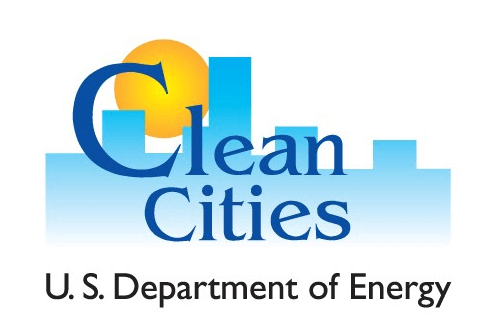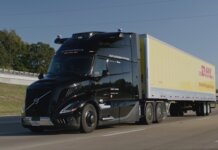In response to President Donald Trump’s fiscal year (FY) 2018 budget plan, a group of more than 500 stakeholders from the clean transportation industry formally sent a letter to the House Energy and Water Subcommittee urging them to oppose the elimination of the U.S. Department of Energy’s (DOE) Clean Cities program put forth in the president’s version of the budget.
According to Transportation Energy Partners, an independent, national nonprofit working to advance policies that reduce American dependence on petroleum-based fuels, the letter was sent by a variety of electric vehicle, natural gas, propane, biofuel, hybrid, idle reduction and other advanced technology companies.
“The Clean Cities program is an excellent pathway to encourage the deployment of cleaner fuels and vehicles across the country,” says Transportation Energy Partners President Sam Spofforth. “This program has a proven track record of leveraging a large amount of local investment for the deployment of alternative fuel vehicles and infrastructure by using a small amount of federal funding up front.”
The Clean Cities program was created in 1992 during the administration of President George H.W. Bush following the Energy Policy Act of 1992. The Clean Cities budget has held steady at $34 million per year for the past two fiscal years – a relatively small budget compared with other federal programs but one that has had profound impacts on local economies throughout the country.
According to the DOE, the nation has displaced more than 8.5 billion gallons since the program’s inception. The rate of displacement has grown each year, and it is on pace to achieve an annual reduction of 2.5 billion gallons by 2020. In addition, the program has spurred private and local investments of about $12 for every $1 in federal spending that comes from the federal budget.
“It is unfortunate that this cost-effective, successful program is being targeted for cuts,”
Spofforth says. “One of the primary goals of our country should be energy
independence and sustainability – and helping businesses thrive economically by adopting
advanced fuels and vehicle technologies. Clean Cities is achieving these goals in a fiscally
responsible way.”
At the local level, Clean Cities leverage their partnerships, publications, tools and other resources to create networks of local stakeholders and provide technical assistance to fleets implementing alternative and renewable fuels, idle-reduction measures, fuel economy improvements, and emerging transportation technologies.






